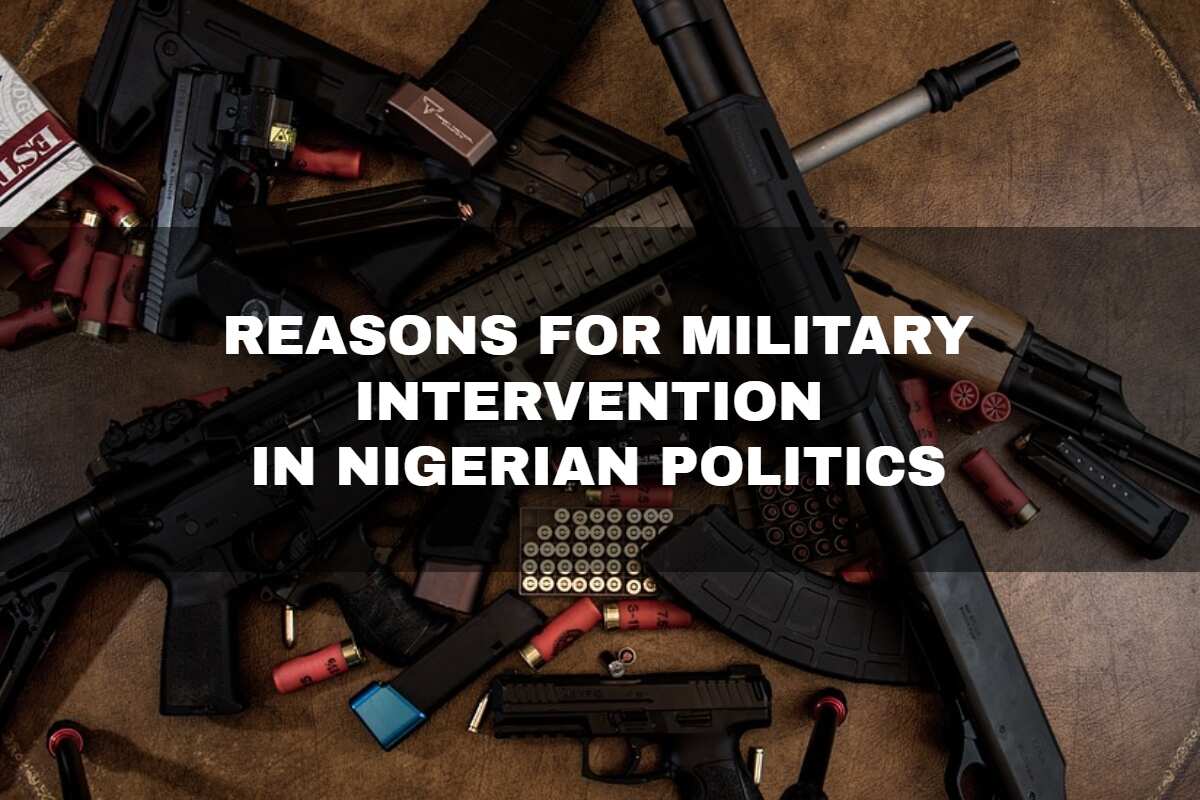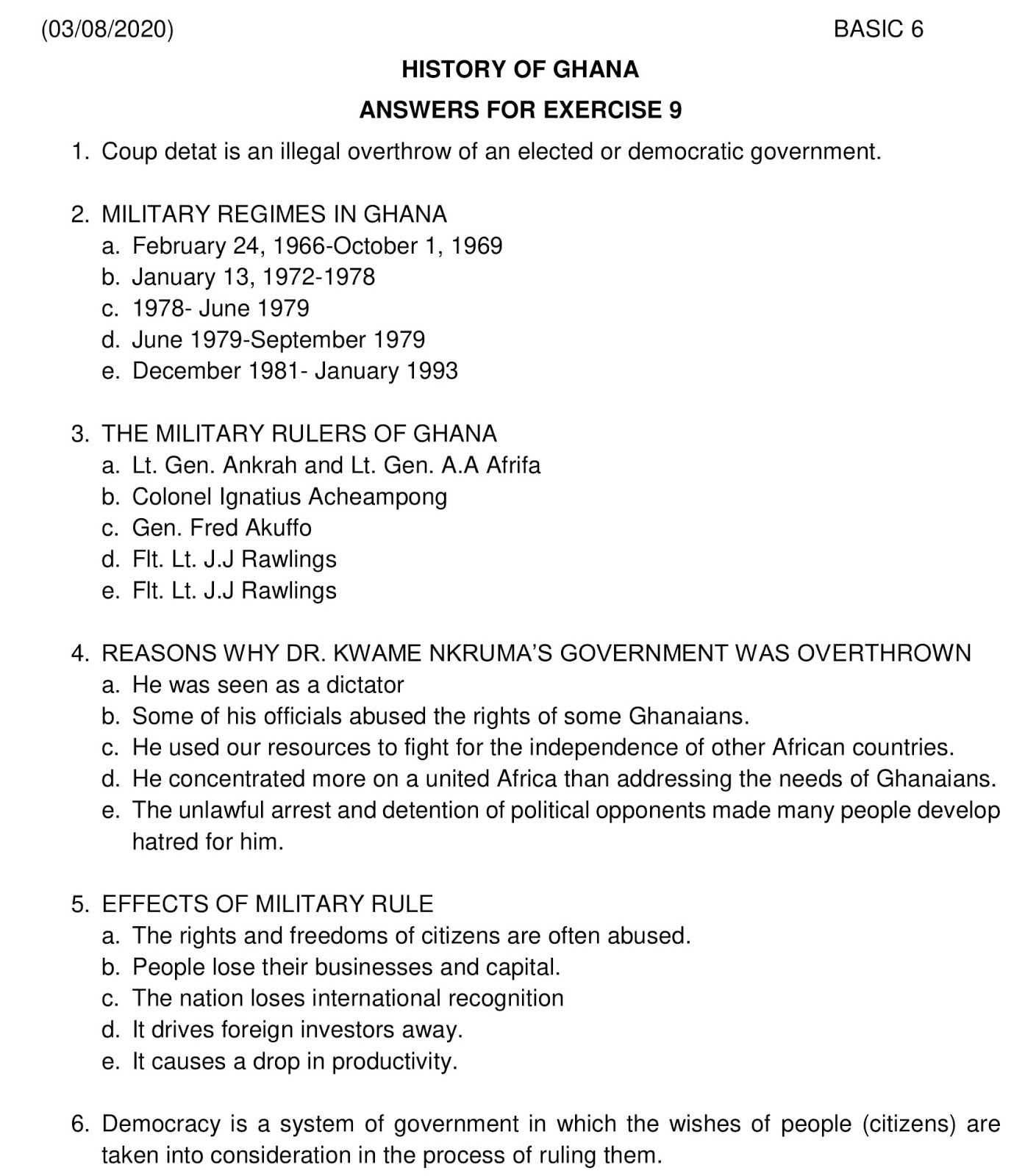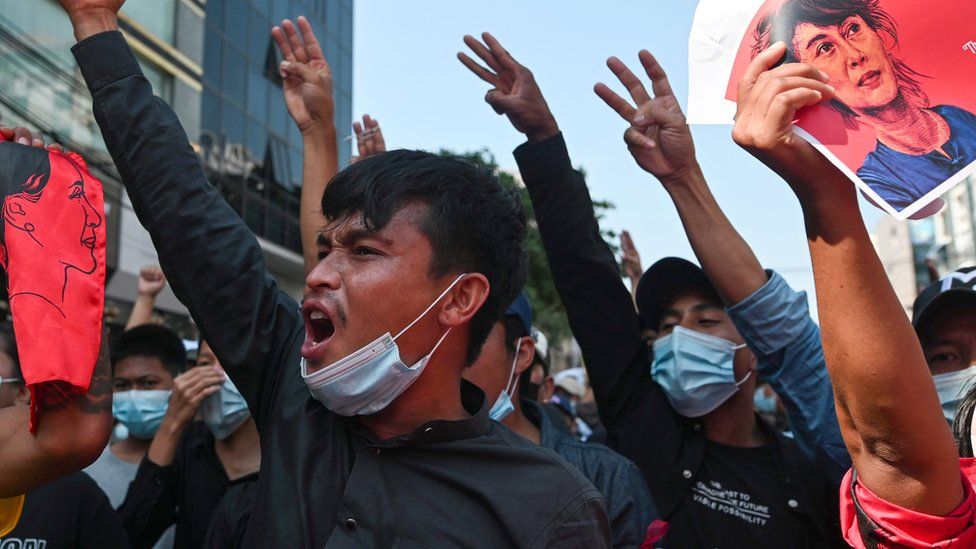Military rule, also known as military dictatorship or military government, refers to a form of government in which the military exercises control over the civilian population and political affairs. Military rule can take various forms, ranging from a temporary takeover during times of crisis to a permanent system of governance. There are several causes of military rule, which can vary depending on the specific context in which it occurs.
One major cause of military rule is the failure of civilian government. This can happen when a government is unable to effectively address the needs and concerns of the population, leading to widespread discontent and disillusionment. In such situations, the military may see itself as the only viable option for maintaining stability and order, and may step in to take control. This can occur through a military coup, in which the military forcibly removes the existing government and assumes power.
Another cause of military rule is external interference or pressure. This can take the form of foreign military intervention, which can be motivated by a variety of factors such as strategic interests, ideological differences, or the desire to protect the lives and property of citizens of the intervening country. External interference can also take the form of economic pressure or sanctions, which can be used to coerce a government into adopting certain policies or relinquishing power to the military.
A third cause of military rule is the existence of internal conflict or instability. This can occur when different factions within a society are unable to reach a political settlement or resolution, leading to violence and unrest. In such cases, the military may be called upon to restore order and prevent further violence. However, the military's involvement in internal conflict can also lead to further escalation and prolonged periods of military rule.
There are also cases where military rule can be justified as a necessary response to threats to national security. For example, in times of war or external aggression, the military may be called upon to defend the country and maintain order within its borders. In such cases, the military may temporarily assume control in order to effectively respond to the threat.
In conclusion, military rule can be caused by a variety of factors, including the failure of civilian government, external interference or pressure, internal conflict or instability, and threats to national security. Understanding the root causes of military rule is important in order to address and prevent it from occurring.
Military Rule in Nigeria

If I become a prisoner of war, I will keep faith with my fellow prisoners. Laws or rules are made through issues of decrees. She also succeeds in giving the respondent the state of affairs in military regimes that is, institutional structure and relationships between various organs of government. The military rule in Nigeria clamped corruption to an extent, initiated mass-orientation programmes such as OFN, DEFRI, NDE, among others. Kunle 1986 posits that while there cannot be military rule without military intervention, there can be military intervention without military rule.
Military Rule (System Of Government): Meaning And Features

After the death sentence was handed down, they were not given the opportunity to appeal. In this case, the two superpowers tried as much as possible to convince the Latin American states adopt their policies. In light of this, the head of any military government has the power to remain in his position as long as he wants. I will give no information or take part in any action which might be harmful to my comrades. You should read more about He was overthrown, meaning another Military coup ensue on December 31, 1983 where senior officers played a vital role to kick out democratic elected president participants. These conclusions are underpinned by references to both qualitative and quantitative findings, through an in-depth investigation of the case of Pakistan. Furthermore, the regimes espousing military tactics usually spend many resources in rearmament processes.
A brief history of military rule in Pakistan

During his regime, crime rates increased, illegal trade was popular and assassinations were the order of the day. Learn More Introduction Military dictators ruled Latin America and other parts of the world such as Africa AND Middle East before the 21 st century. This became the mantra for all the succeeding military takeovers. This is an anomaly rather than a normal situation and it occurred not only in Nigeria but in other African states for example; Togo which was the first West African country to experience a major coup in 1963 and also Ghana where the first president Kwameh Nkrumah was removed from office through a coup, Egypt and others, then Asia and even Central and South America. To analyse the nexus between Islam and democracy, it is imperative to pay meticulous attention to explain the nature of the state and its social formation, origin, nature and practices of Islam in a particular society rather than just labelling Islam as incompatible with democracy. No checks and balances: there is usually no separation of power in a military dictatorship into the executive, judiciary and legislature, hence all powers are centralized at the apex who is the highest authority and power in the state. He made Pakistan a military ally of the USA.
(PDF) THE REASONS FOR MILITARY INTERVENTION IN POLITICS

In many parts of the world, tension, conflicts, mistrust, and brutality were the order of the day. To silence the public, the military Juntas, according to Remmer 1991 , employ some tactics. Such survival and resistance require varying degrees of knowledge of the meaning of the six Articles of the CoC. Nonetheless, during military rule, the fundamental human rights of citizens are usually limited to a very large extent. Also Read: The First Military Coup Plotted Did you notice the ethnic backgrounds of people that made up the first military coup? Armed forces here include the army, the navy, the air force, the secret police and other sabotaging law enforcement agencies acemoglu et al, 2010.






